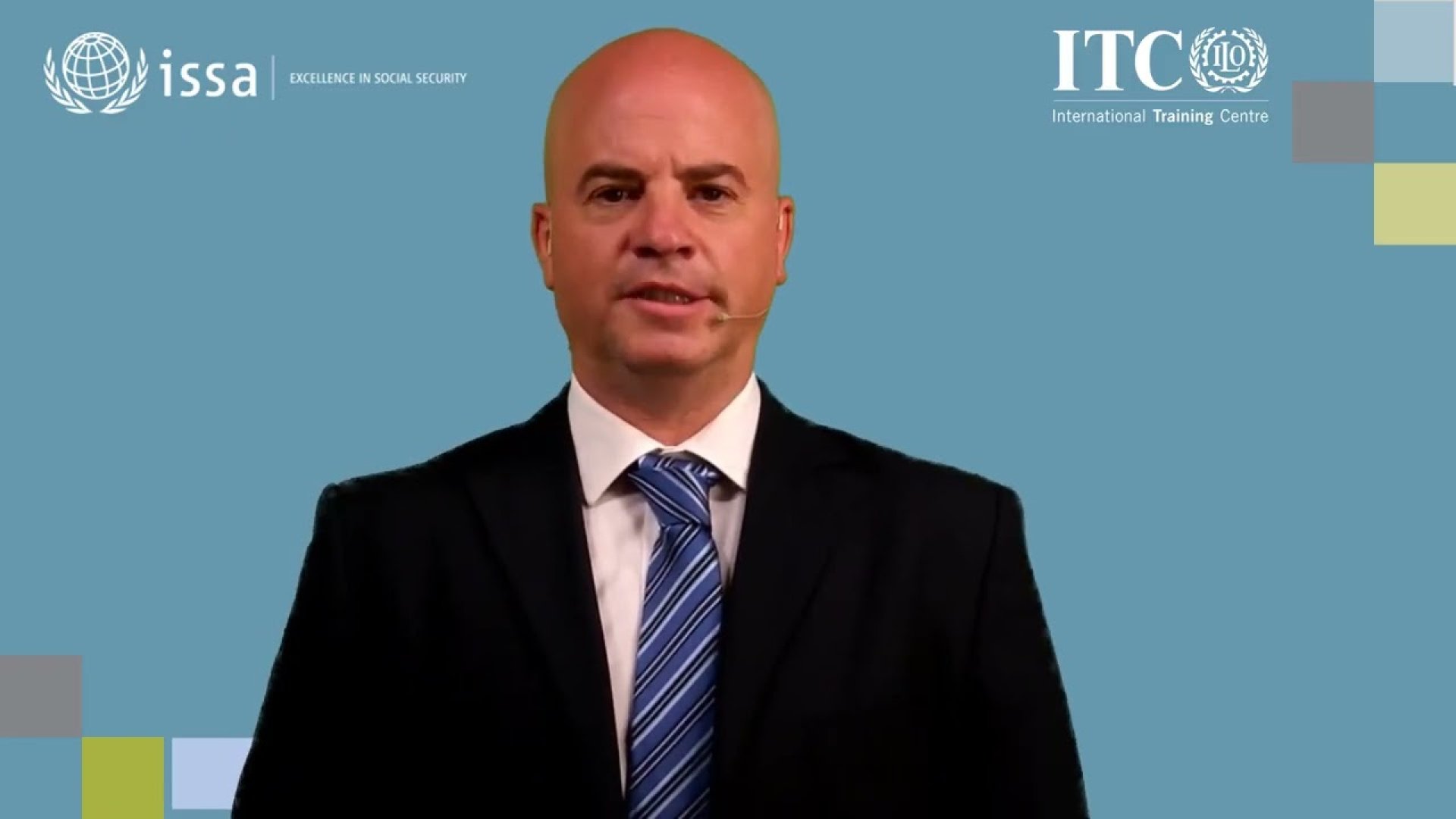Good Governance

© Adobe Stock/Magele-picture
Good Governance
ISSA GUIDELINES, KNOWLEDGE-SHARING AND INNOVATION
18–22 mai 2026
Le cours est disponible en English
Présentation du cours
Every social security programme is imbued with public interest that demands exemplary governance in its administration. This course draws on international best-practice guidelines to assess the main principles, structures and mechanisms that promote and support good governance practices in key areas of social security administration. This is one of eight courses run in partnership with the International Social Security Association (ISSA) held simultaneously at the Turin Centre. Join a network of social security practitioners in this highly specialized course.
Groupes cibles
The course is designed for social security professionals of ISSA member organizations. Participants should hold positions that involve decision-making directly or in an advisory capacity and application of the ISSA Guidelines on Good Governance. The following requirements are therefore essential for participation in this course: the ability to access and use a computer with an internet connection; a working knowledge of written English.
What will I learn?
This course uses the updated ISSA Guidelines on Good Governance as a framework for assessing challenges and identifying innovations.
- Principles for the board and management: principles, frameworks, structures, challenges and response
- Strategic planning and operational risk management: definitions and understanding of risk management activities; monitoring of internal and external events affecting social security institutions
- Actuarial soundness and internal audit: understanding actuarial measures and valuations; actuarial sustainability and investment benchmarks
- Investment management: key principles; main concepts of liquidity, risks, necessary diligence and aligning incentives; valuation of investment portfolio and measures for asset safekeeping
- Corruption and fraud in contributions and benefits: prevention and control; effectively governing rights and obligations of members and beneficiaries
- Service standards for members and beneficiaries: why service standards are relevant; how to improve service quality and key parameters
- Human resources policies: development, retention and succession; improving HR policies, defining a performance appraisal system; key components and limitations
- Investment in ICT infrastructure: evaluation of new investment proposals; ex-post evaluation and infrastructure maintenance.
What will I be able to do?
- Understand core approaches to promoting and supporting good governance practices based on international best practice
- Identify roles and responsibilities of social security professionals in ensuring good governance
- Utilise the ISSA Guidelines as a framework for improved governance within national social security institutions
- Develop country-tailored innovations drawing on experience from other countries.
Why should I join?
- ISSA-accredited experts with decades of international experience in social security administration
- Join and interact with a global network of professionals from other ISSA member organizations to share learning and best practices
- Mix of training methods: lectures, plenary discussions, good practices, case studies, group work and individual exercises
- Successful participants receive an ITCILO Certificate of Achievement.
How?
The course consists of 60 total hours of learning, broken up into three phases.
- Pre-course (10 hours): Self-guided study through the online eCampus platform. Includes a pre-course assessment
- Residential week (45 hours): 5-day interactive sessions at the ITCILO in Turin, including developing an individual presentation
- Post-course assignment (5 hours): Individual assignment applying ISSA Guidelines to the participant’s organization.
Learn more about the course from your tutor
Learn more about the course from former participants
Prove your skills with a Diploma
This course is part of a Diploma programme. To achieve the Diploma, successful candidates must complete four courses within a five-year period and undertake a capstone assessment.



